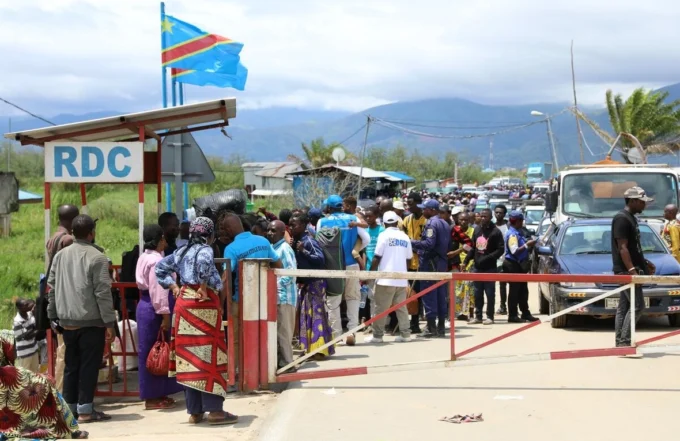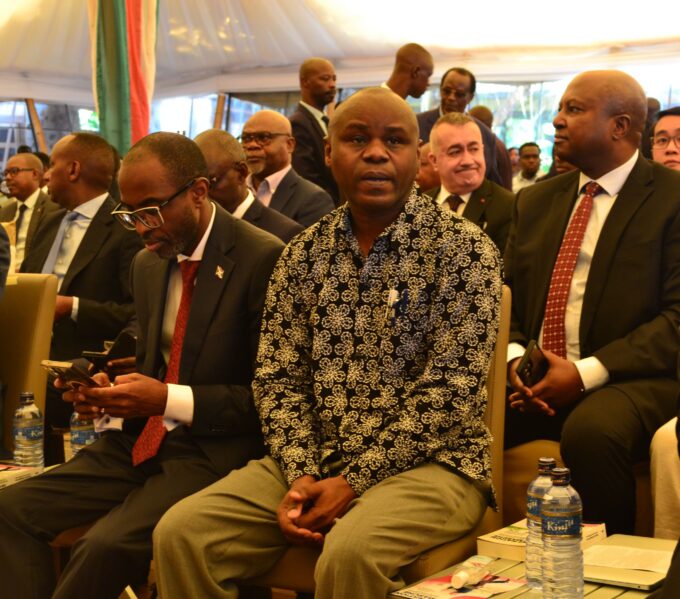Burundian politicians, civil society organizations, and governance experts are raising alarms over the government’s recent decision to drastically reduce the number of provinces and communes, citing a lack of citizen involvement, inadequate planning, and limited resources.
During a workshop held Wednesday by the civil society group PARCEM, participants criticized the restructuring, which saw provinces cut from 18 to 5 and communes from 119 to 42, while zones increased to 447 and neighbourhoods to 3,037.
Faustin Ndikumana, PARCEM’s chairman, warned that the move could hinder development if not properly managed.
“The issue of decentralization currently unfolding in the communes and provinces is very significant,” Ndikumana said. “If it is not well organized and given the proper framework, it could hold the country back.”
Ndikumana also pointed to the practical challenges of accessing administrative services under the new system.
“Since communes have been expanded, Burundians need to be clearly informed about the advantages this expansion will bring. Imagine someone living in Bujumbura needing a service in Kabezi—15 miles away. How will they get there?” he asked.
The restructuring took effect this year after legislative, senatorial, and neighbourhood elections brought sweeping changes to local governance. The government said the changes were aimed at improving the coordination of the decentralization plan.
Former Interior Minister Gervais Ndikorabuca, who announced the reforms in 2022, argued that the consolidation would strengthen administrative units and reduce over-dependence on central government.
Experts Question Lack of Studies and Citizen Engagement

Critics argue the reforms were rushed and lacked both technical studies and public consultation.
Siméon Barumwete, a university lecturer and key panelist at the workshop, condemned the process:
“The new structuring of Burundi’s provinces was not preceded by in-depth studies, nor was it established at the request of the population,” Barumwete said. “It risks weakening people’s sense of belonging to their province or discouraging development in their native areas.”
He noted that, unlike past administrative divisions under colonial rule, the current reform failed to consider demographic and geographic indicators.
“Such studies could have helped prepare a long-term vision, clarifying how hills, zones, and communes should be sized, and guiding infrastructure planning,” he added.
Political leaders echoed similar concerns.
Olivier Nkurunziza, chairman of the opposition party UPRONA, said the decision lacked transparency:
“The reduction of provinces was never explained to the population or political parties so they could provide input before implementation,” he said.
Financial Strains and Development Risks

Resource constraints emerged as a major point of contention.
Ndikumana stressed that the changes will require substantial funding:
“Decentralization needs a lot of resources—expanding commune offices, hiring more staff, and covering additional operational costs,” he said, pointing out that some provinces still lack state prosecutors.
Barumwete warned that the financial burden could cripple implementation:
“The changes require considerable means, which are lacking since many communes rely heavily on government funds. While tax revenues may increase, expenditures will rise even more,” he explained.
Beyond financial implications, Barumwete warned of reduced citizen engagement in local development projects:
“The restructuring could discourage people from contributing to development initiatives in their native areas, as communes change names, boundaries, and identities.”
Léonce Ngendakumana, a veteran opposition leader and former speaker of parliament, called for budgetary transparency and stronger civic education to make decentralization effective:
“As long as leaders do not change their behavior and skilled experts remain absent in communes, decentralization will not succeed,” he said.








Leave a comment